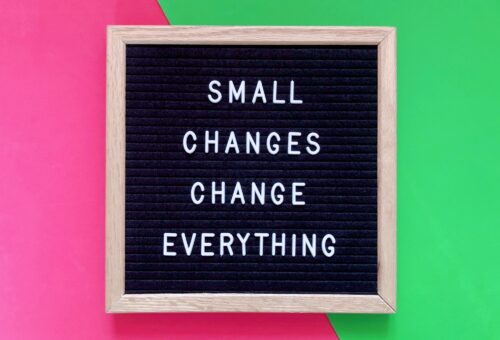Why Failing Small is the Smartest Way to Learn

Introduction
Failure has long been painted as something to avoid. But for entrepreneurs, it’s a companion — a tough, honest teacher that delivers the lessons success can’t. The smartest founders know this, and rather than betting it all on one big risky move, they practice the art of “failing small.” This strategy allows you to test, learn, and adjust without risking everything. When luck and timing are part of your philosophy, failing small becomes a way to stay in motion while others freeze in fear.
Let’s dive into how small failures sharpen your business instincts, save precious time, and build stronger, smarter companies.
1. Why Big Failures Are Dangerous
Big failures are costly — in time, money, and confidence. When entrepreneurs pour months or years into building something before testing it, the fall is harder, and recovery is slower. Huge, untested risks often leave people emotionally drained and financially stuck.
Small failures, on the other hand, are recoverable. They’re brief, often cheap, and packed with feedback. They allow you to quickly gather insights and pivot before you’ve invested too much. A smart entrepreneur knows that moving in small, calculated steps opens up luckier paths because you’re always adapting and listening to what the world tells you.
2. Break Big Ideas into Tiny Tests
When an idea feels overwhelming, it probably is. That’s why breaking it into smaller parts is so powerful. Test individual assumptions before you build the whole machine. If you think people will pay for your product, test that first. If you believe a certain feature will be popular, run a quick poll or prototype.
These mini-tests don’t need to be perfect. They’re meant to reveal patterns, preferences, and problems. Each small test lowers your overall risk while making sure you stay aligned with what people really want — not just what you hope they do.
3. Turning Mistakes into Learning Moments
Every misstep is a chance to gather knowledge. When a social media ad flops or a new offer gets no sign-ups, it’s not wasted. Ask why. Was the message unclear? Was it aimed at the wrong audience? Was the timing off?
The act of investigating failure sharpens your decision-making. It teaches you to spot what works faster next time. Entrepreneurs who embrace small failures get better at reading market signals, adapting offers, and refining their messaging. And in business, being adaptable is often luckier than being clever.
4. Building Emotional Resilience Through Small Losses
Success feels great, but it rarely toughens you up. Small failures, however, strengthen your entrepreneurial mindset. They teach you that setbacks aren’t the end — they’re simply part of the process.
This resilience is priceless. It keeps you moving when others give up. Entrepreneurs who practice failing small learn to stay calm under pressure and make wiser decisions because they’ve already handled disappointments. The more comfortable you get with these small stumbles, the braver your future moves become.
5. How Small Failures Create Unexpected Opportunities
Some of the best business pivots and partnerships are born out of small failures. A failed product launch might reveal a better niche. A rejected pitch might connect you with someone who loves your next idea.
When you’re testing, failing, and adjusting often, you stay in motion — and moving targets are luckier. They’re more visible, more adaptable, and more likely to stumble onto surprising, valuable opportunities no one else saw coming.
Conclusion
Failing small isn’t about being cautious — it’s about being wise. It allows entrepreneurs to gather feedback, build resilience, and stay aligned with market needs without risking their entire venture. The smartest, luckiest business owners are those who learn quickly, pivot fast, and see setbacks as fuel for progress.
If you’re dreaming of launching something new, remember: your next small failure might be the lucky break you didn’t see coming. Keep the steps small, the lessons big, and the journey moving forward.
4o








